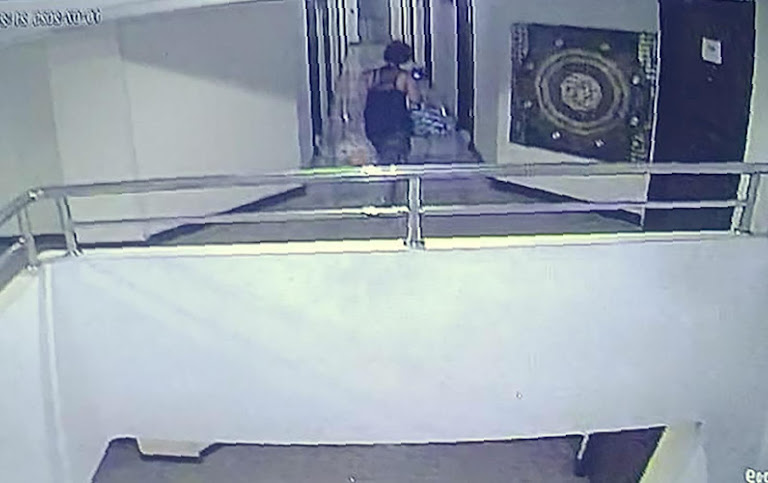Pattaya Condo Death Exposes Dark Side of Paradise Tourism
Swedish Tourist’s Death Exposes Sex Tourism’s Harsh Realities, Transient Encounters, and the Global South’s Vulnerability.

A single flooded bathroom, a naked body, a fleeting figure on a security camera — the lurid details emerging from Pattaya are the kind that titillate and then quickly repel. But the death of Mika, a 38-year-old Swedish national found in his condominium, isn’t just fodder for true crime podcasts. It’s a brutal microcosm of a global economy built, in part, on the commodification of intimacy, particularly where the Global North meets the Global South. What gets lost when paradise becomes a product?
“Khaosod” reports that police are actively searching for a woman seen on CCTV entering Mika’s room shortly before his death. The confluence of a tourist destination, a short-term rental facilitated by platforms like Airbnb, and a possible crime paints a disturbing picture of what sociologist Saskia Sassen terms “expulsions” — the ways in which global capital concentrates wealth while simultaneously displacing and endangering vulnerable populations. The manager noted that Mika frequently brought “different women” to his room. This brief phrase reveals a world of precarious work, economic pressure, and the stark power imbalances that define interactions between tourists and local communities.
The ease with which Mika, scheduled to move out the next day, could access temporary housing, coupled with the frequency of short-term encounters, underscores the increasingly transactional nature of human interaction itself. There was no sign of forced entry, no struggle, as Khaosod reported, yet a life ended in violence. This speaks to something deeper: the creation of spaces where connection is fleeting, and exploitation thrives in the shadows, fueled by the algorithms and marketing that promise seamless access to desire.
“The manager told investigators that during the victim’s stay, he frequently brought different women to his room.”
Pattaya, like many tourist hotspots across Southeast Asia, carries a heavy legacy of sex tourism. Its transformation from a small fishing village into a rest and recreation center for American soldiers during the Vietnam War wasn’t accidental. It was a deliberate geopolitical strategy, a way to offer respite to troops while simultaneously reshaping the local economy. As Lisa Law argues in her work on tourism and postcolonialism, these interventions create lasting dependencies and vulnerabilities. The bodies of local women, then and now, are often viewed as commodities. The Gogo bars that line Walking Street are a stark reminder of this history, a testament to how deeply embedded this framework has become.
We’re left to wonder: how did this man and this woman meet? What needs drove them together? How do we address the emergence of these high-risk transient spaces? To focus solely on the individual actors in this tragedy is to miss the systemic rot. We must confront the structural conditions that generate vulnerability, the economic incentives that drive exploitation, and the cultural narratives that normalize the commodification of human connection. Mika’s death, shrouded in mystery, is a stark reminder that paradise, for some, is built on the precarity of others. And it forces us to confront an uncomfortable truth: we are all, to some degree, implicated in this system. How do we begin to dismantle it?









